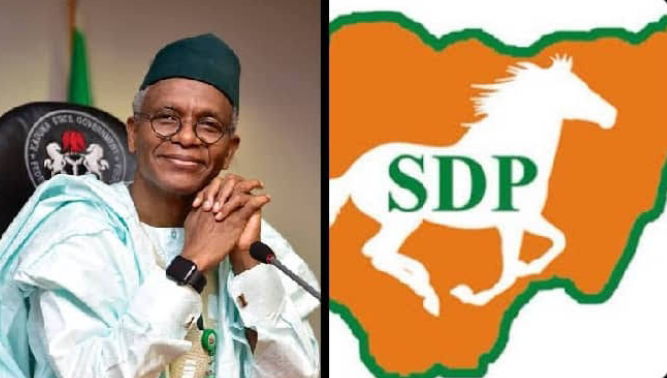PDP aborts another national convention as party remain factionalised
Published on 2016 August 23, Tuesday Back to articles
Conflicting court judgements on the legality of the leading opposition Peoples Democratic Party (PDP) national convention planned for 17 August eventually ensured the meet was not held. While the judgements ensured continued uncertainty and division in the PDP, they have also raised critical questions over the political neutrality of the country’s judiciary – as it appeared that courts gave judgements based on their geographical location rather than the law.
While a Port Harcourt High Court – in Rivers State, a state controlled by the PDP – agreed, on 15 August, that the Ahmed Makarfi faction of the PDP should go ahead with their planned national convention, the Ali Modu Sherriff faction, a few hours after the Port Harcourt ruling, got another High Court, in Abuja, to stop the convention from going ahead.
Eventually, the police, despite claiming that they were confused on which of the court judgements to carry out, enforced the Abuja decision by barricading the venue of the planned convention and thus preventing the party from holding its national convention. The police claimed that they were only there to keep the peace, not to stop the convention from taking place.
Blocked from entering the venue, the PDP members relocated to the party secretariat. There they held a mini convention, taking the decision to extend the Makarfi caretaker committee’s tenure by one more year. On the same day as the failed convention, another Abuja High Court ruled that Ali Modu Sheriff should stop parading himself as the PDP chairman, following an earlier court ruling by another High Court in Abuja which had declared the process that led to his appointment as chair as illegal.
But the varying court rulings by different high courts have exposed the inherent weakness in Nigeria’s judiciary. Politicians seem able to shop for judges, and consequently judgements, that suit their own agenda. Gradually, the Supreme Court is becoming the only court from which Nigerians expect justice, resulting in all cases eventually going all the way to the Supreme Court. This apex court has thus become overburdened with cases, leading to a very slow turnaround time.
So far, despite President Buhari’s anti-corruption position and frequent criticism of the judiciary, no obvious move has been made by government to reform the judicial process, and make it more transparent and efficient. It is estimated that the majority of people in Nigeria’s highly congested prisons are suspects awaiting trial. For now, the APC government has disappointingly not made any move to improve the judicial process and does not look like it is interested in – or capable of – moving in that direction, despite the obvious flaws of the judiciary and its importance to the anti-corruption fight.



